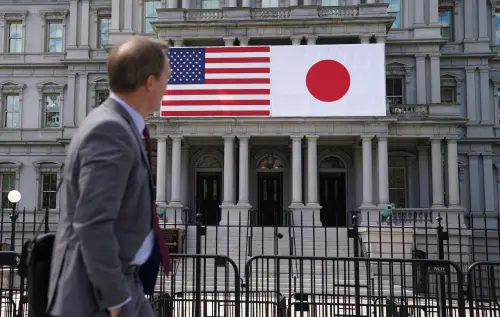East or West: An Ongoing Discussion
Should Russia be part of the East or West? Russian politicians, scholars, writers and thinkers have been discussing this question for several hundred years. While no agreement has yet been reached the discussion, far from being purely academic, has had practical political consequences. How Russian leaders positioned themselves in this discussion and where they thought Russia should be moving towards at any given period, directly influenced both the government’s internal and foreign policy. The analysis of this debate can make an important contribution to the study of Russian political culture and estimate the prospects for Moscow’s cooperation and possible integration with Europe.
The Tsarist Russia: European or Special?
The opposition of the West (originally Europe) to the East in European thought goes back to Ancient Greece, namely to the fifth century B.C., when Greeks encountered the growing threat from the powerful Persian Empire, situated in the part of the world that the Greeks called “Asia.” From the time of the Greek-Persian conflict, Europe was associated with political freedom and the “opposition between Greece and Persia was viewed by the Greeks as representing that between Europe and Asia, and stood for freedom as opposed to despotism.” Toward the end of the Roman Empire after the spread of Christianity, the Europe-Asia opposition began to be seen as the struggle between Christianity and paganism. Associating the apocalyptic vision of the New Testament with the decline of the Roman Empire, some Christian thinkers interpreted the predicted end of the world as the triumph of Asia over Europe.
While in the early Middle Ages Christianity was seen as broader than Europe, by the sixteenth century after the fall of most non-European Christian states to the Turks, when Turkish armies threatened the heart of Europe, the struggle with the Ottoman Empire began to be seen as a struggle between Europe (now Christian) and Asia. The ideas of classical antiquity of the fundamental opposition between Europe and Asia were revived by such humanist thinkers as Erasmus of Rotterdam and Juan Luis Vives. By the seventeenth and eighteenth centuries, a new understanding of European civilization emerged among European (first of all English, Scottish, and French) intellectuals. The idea of progress gained ground, and Europe was now seen as a civilization that was dynamically developing, moving in all spheres (technology, economics, social and political, organization, and even morality) toward more complexity, perfection, and freedom. The European way was seen as normal and natural and was contrasted to that of the East, many countries of which became better known as a result of new geographical exploration and the beginning of colonial expansion.
The influence of these new European ideas on Russian society in the eighteenth century was direct. It raised a question that had never been raised before: should Russia be part of the East or West? In the eighteenth century the answer was clear. From the time of Peter the Great who called his policy “opening a window onto Europe” the progress and prosperity of the country was associated with the West.

